VIRTUAL BOOK TOUR: Interview with Nonfiction l Religious Author B. Jay Gladwell
 B. Jay Gladwell is an active member of The Church of Jesus Christ of Latter-Day Saints. Having served in several leadership positions in the Church on the local level, he currently serves as the Gospel Doctrine teacher in his ward. He received and MFA from the University of Miami in screen writing and has taught various writing and cinema classes on the university level in South Florida.
B. Jay Gladwell is an active member of The Church of Jesus Christ of Latter-Day Saints. Having served in several leadership positions in the Church on the local level, he currently serves as the Gospel Doctrine teacher in his ward. He received and MFA from the University of Miami in screen writing and has taught various writing and cinema classes on the university level in South Florida.He and his wife have four grown children and live in Miami, Florida.
You can visit his website at www.whatswrongwithmormons.com or his blog at www.whats-wrong-with-mormons.blogspot.com.
About the Book:
What’s Wrong Wrong With Mormons? was written as a result of the falsehoods and misinformation that continues to be perpetuated by those who are less than honest. The author, B. Jay Gladwell, invites the reader to come and reason together. Using a conversational style, he discusses the basic doctrines of the restored Gospel, based on the teachings found in the Holy Bible and latter-day scriptures.
_____________________________________________
Welcome to The Writer's Life, Jay! Can you tell us a little bit about yourself and how long you've been writing?
Well, my first memory of writing goes back to the third grade. Every week we had a new set of spelling words that we had to learn. On this one particular occasion, the teacher gave us the assignment to use those spelling words to write a story. Now this was back in the day when “Alfred Hitchcock Presents” was a very popular television program. Consequently, when I went to write my story, I tried to emulate something that would be suitable for Hitchcock's TV show. I don't remember what the story was about. Evidently, it raised some questions in the teacher's mind, because she called my parents and shared the story with them saying that it was indeed imaginative, but certainly not appropriate for the other third graders to read. You know, one of those good-news, bad-news situations: Your kid has a great imagination, but it's twisted.
As I got older, the desire to write never really went away. There were several aborted attempts at writing. I would get just a few pages into the story and then realize I'd reached a dead end. I didn't know where I was going or what was going to happen next. A few more years passed and there were some additional attempts at writing short stories. I thought maybe it would be easier to write a short story, after all they're shorter than novels. Ah! I found out that was a mistaken idea. Eventually, I wound up taking a correspondence course for short story writing, and that was a real eye-opener. It taught me the structure and tools of storytelling.
At some point I decided that perhaps I would try my hand at screenwriting, writing scripts for motion pictures. I was always seeing movies in my head. To make a long story short, insofar as my writing is concerned, I wound up going to graduate school at the
Can you please tell us about your book and why you wrote it?
Considering everything that led up to this book, in so far as my writing is concerned, this project is somewhat ironic, in fact, it's very ironic. This is not a fiction piece. It's a non-fiction work, in the religion category, with some autobiography thrown in as the vehicle.
As a Mormon, a member of The Church of Jesus Christ of Latter-day Saints (I joined after I was an adult), you're constantly bombarded by what other people--non-members outside the church--are telling other people about what our faith is, how it works, and what the doctrines are. The unfortunate thing is that 99.9 of the time the things these folks are telling other people are totally incorrect, and are, in most cases, out-and-out lies. Now, in many instances, some of these people are just repeating what someone else has told them because they don't know that it's inaccurate, and they don't know any better than to repeat misinformation. Nevertheless, in some of these cases, they are premeditated. They're falsehoods perpetuated by certain individuals who have an agenda.
Interestingly enough, just as I was starting to work on the book, I was listening to a fellow on the radio, an Internet radio show, and he made the comment that anyone who felt it was necessary to defend his religion must not be very secure in his faith. On one hand, I can understand why he would say that. On the other hand, after 32 years of hearing the same old misinformation being repeated time, and again it gets old. So a person has a choice to make. He can either sit by silently, allowing the misinformation to be perpetuated, which leads to further misunderstanding, or he can stand up and say, “Excuse me. What you're saying is incorrect. That's not what our faith is about. Those are not our doctrines. That's not what we teach.”
It doesn't bother me that people disagree with the teachings of The Church of Jesus Christ of Latter-day Saints. What bothers me is when people disseminate misinformation. What's disappointing about this whole situation is people giving more credence to those spreading the misinformation than to those who are members of the Church? After all, who knows more about a person's religion?
That's why I wrote the book. This is my attempt to stand up and say, “This is what Mormons believe; this is what Mormons teach; this has been my experience in the Church over the past 32 years.”
What kind of research was involved in writing “What's Wrong With Mormons?” ?
Actually, the research had been going on for the past 32 years, from the day I joined the Church until the day I started writing the book. My experience as a member was the research. Now, having said that, let me say there was some initial preparation, and preparation would be a better word in this case than research. That preparation consisted of deciding what I wanted to say, what topics I would tackle, and how I would deliver my message. For instance, I knew before I started writing how the book was going to end. I learned that in screenwriting. It's very difficult to start on a journey when you don't know what your destination is.
How much input did you have into the design of your book cover?
Dare I admit it? I designed the book cover. Having a commercial art background, I knew going into this project that designing a cover for this particular book was going to be difficult at best. The designer I worked with at Cold Tree Press, Bobby Dawson, worked very hard at coming up with a book cover, and Bobby's a very good designer. If I remember correctly he came up with about six or eight designs, some better than others. I had done maybe three or four. None of them really represented the book or its message accurately--none of them felt right.
Although the book appears to have a subtitle as shown on the cover, the part that's written in green script, “a good tree cannot bring forth evil fruit,” was actually part of an idea Bobby had. This was an attempt to exemplify a little more clearly what the book was actually about. The tree grew out of the use of that little Scripture quote. The tree is a very important symbol in Christianity and is mentioned on several occasions throughout the Bible, both literally and metaphorically.
Do I think it's the most fantastic cover that could be designed for this book? The answer would have to be “no.” However, it was the best we could come up with within the time allotted, and still have the book published within a reasonable amount of time.
Has it been a bumpy ride to becoming a published author or has it been pretty good smooth sailing?
Even though I'm self-published, it has not been smooth sailing. Before I decided which route to take, traditional publishing or self-publishing, I did a fair amount of research. I came to the conclusion that if I wanted anyone other than my wife to read this book I was going to have to publish it myself.
The original print on demand publishing company I went with, who shall remain nameless, turned out to be a major headache. Another writer referred to companies like this one as “author mills.” Having been through what I have with them it's clear to see why he would say that. For example, there was an error on the back cover, I corrected it and submitted it to them, and it never got fixed. I had to go through that five times! That was the straw that broke the camel's back. There were several other examples of sloppy work on their part that caused me to lose confidence in their ability to produce a book that I would be happy with and proud to have my name attached to. As a result, I terminated the contract and got my money back. They were true to their word in that regard, thank goodness.
For this particular book, how long did it take from the time you signed the contract to its release?
I started working with the former publisher around
Do you have an agent and, if so, would you mind sharing who he/is? If not, have you ever had an agent or do you even feel it's necessary to have one?
No, I don't have an agent. Being self-published an agent would be a bit superfluous.
I'm not sure I'm qualified to answer the second half of that question. I'm confident that those authors who are published by the major publishing houses would tell you, “Yes, indeed, it is vital to have an agent.” That's the only way you can approach the major publishers is through an agent. On the other hand, I'm sure there are successful self-publishers who would tell you an agent isn't necessary; publish it yourself and save all the money, headache, heartache, and hassles.
Do you plan subsequent books?
Yes, I have a couple of ideas in mind for two more books. Both non-fiction, but at this early stage of the game I think it would be best to wait and see how this first book is received before going to any further expense.
Are you a morning writer or a night writer?
Can I say both? The way I structure my day, it depends upon what else is required of my time. There may be days where I write both morning and evening; other days just mornings; and still other days just evenings. So it varies. There's no real pattern set in stone.
If money was no object, what would be the first thing you would invest in order to promote your book?
Wow, that's an interesting question. Seeing as how I'm at the beginning of the promotion process, and since money is an object, I would be hard-pressed to answer that question intelligently or in a way that might be beneficial to anyone else.
How important do you think self-promotion is and in what ways have you been promoting your book offline and online?
When you're self-published, self-promotion is the only option you have available to you (unless you have a ship-load of money somewhere). If you don't promote your book no one's going to do it for you. As I said, I'm in the beginning of the promotion phase. Most of my days are spent researching what the self-promotion options are available, and some of them are very expensive; some of them are free. I'm trying to find that middle ground, actually the ground to the right of center, where I'm getting the most exposure for the book that I can for the least amount of money. Unfortunately, those two don't always fit well together.
Any final words of wisdom for those of us who would like to be published?
Well, there's really nothing I can say that would be new or particularly insightful or that hasn't already been said elsewhere. If you want to be published, you have to place your rear-end in the seat and write. You have to write every day. Once it's finished, re-write it, polished it, and hone it until it's as good as you can get it, without wringing the life out of it. Then you have to be very honest with yourself, painfully so. Are you going to try to publish your book through one of the major publishing houses or are you going to publish it yourself? You're the only one qualified to make that decision.
Thank you for coming, Jay! Would you like to tell my readers where they can find you on the web and how everyone can buy your book?
Yes, you can go to www.whatswrongwithmormons.com and on the “Order” page you'll find several options for ordering the book.
Thank you for having me. I truly appreciate it!
_____________________________________________
WHAT'S WRONG WITH MORMONS? VIRTUAL BOOK TOUR '08 will officially begin on August 4, 2008 and continue all month. You can visit B. Jay's tour stops at www.virtualbooktours.wordpress.com in August to find out more about him and his book!
As a special promotion for all our authors, Pump Up Your Book Promotion is giving away a FREE virtual book tour to a published author with a recent release or a $50 Amazon gift certificate to those not published who comments on our authors' blog stops. More prizes will be announced as they come available. The winners will be announced on our main blog on August 31!
B. Jay's virtual book tour is being brought to you by Pump Up Your Book Promotion and choreographed by Jaime McDougall.















































































































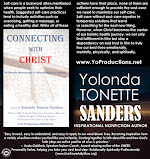


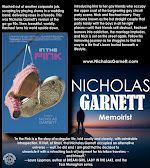


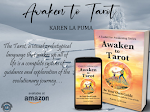
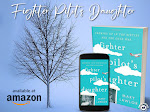
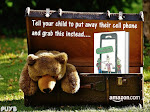



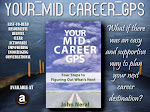
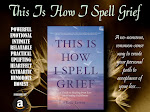
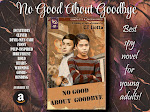


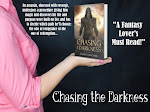
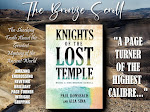


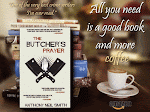
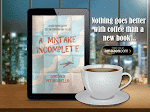
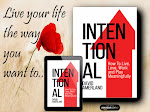
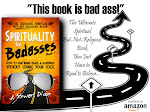




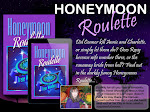
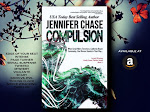

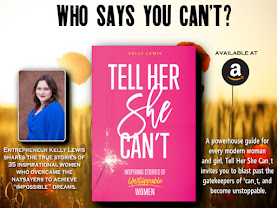














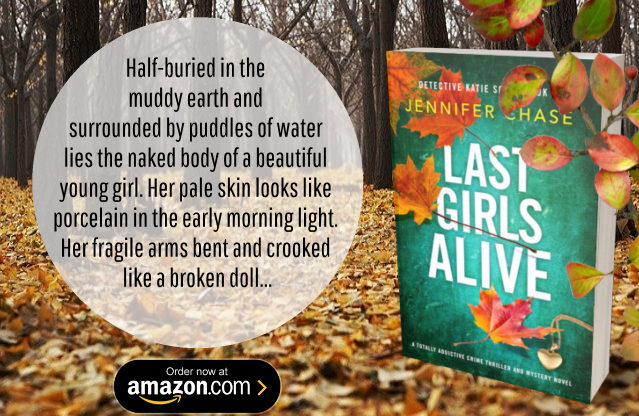
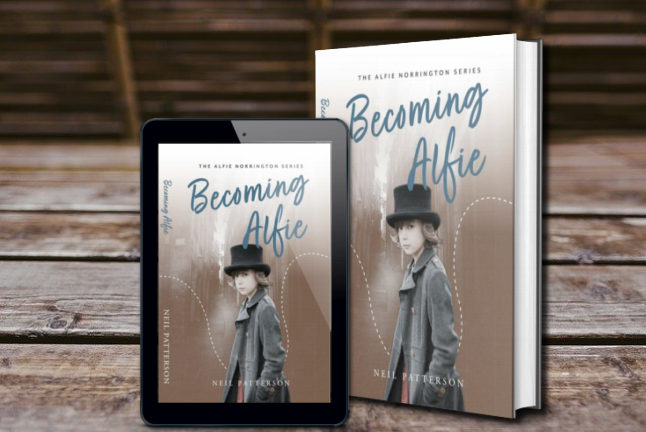


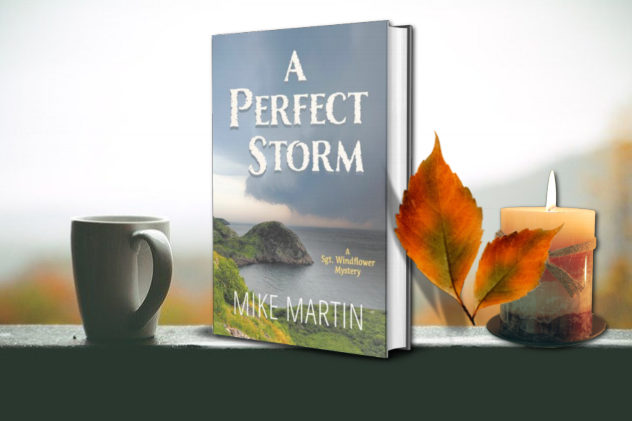
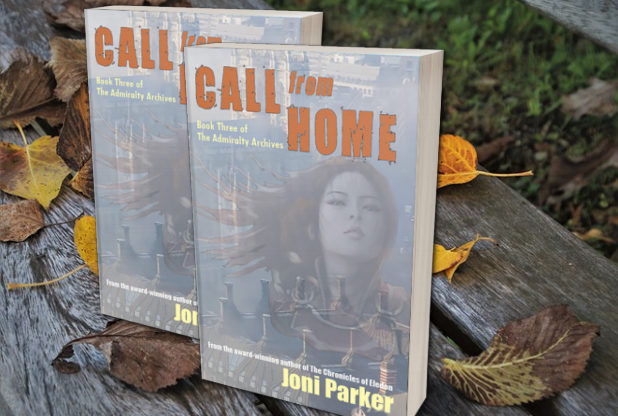



Leave a Comment